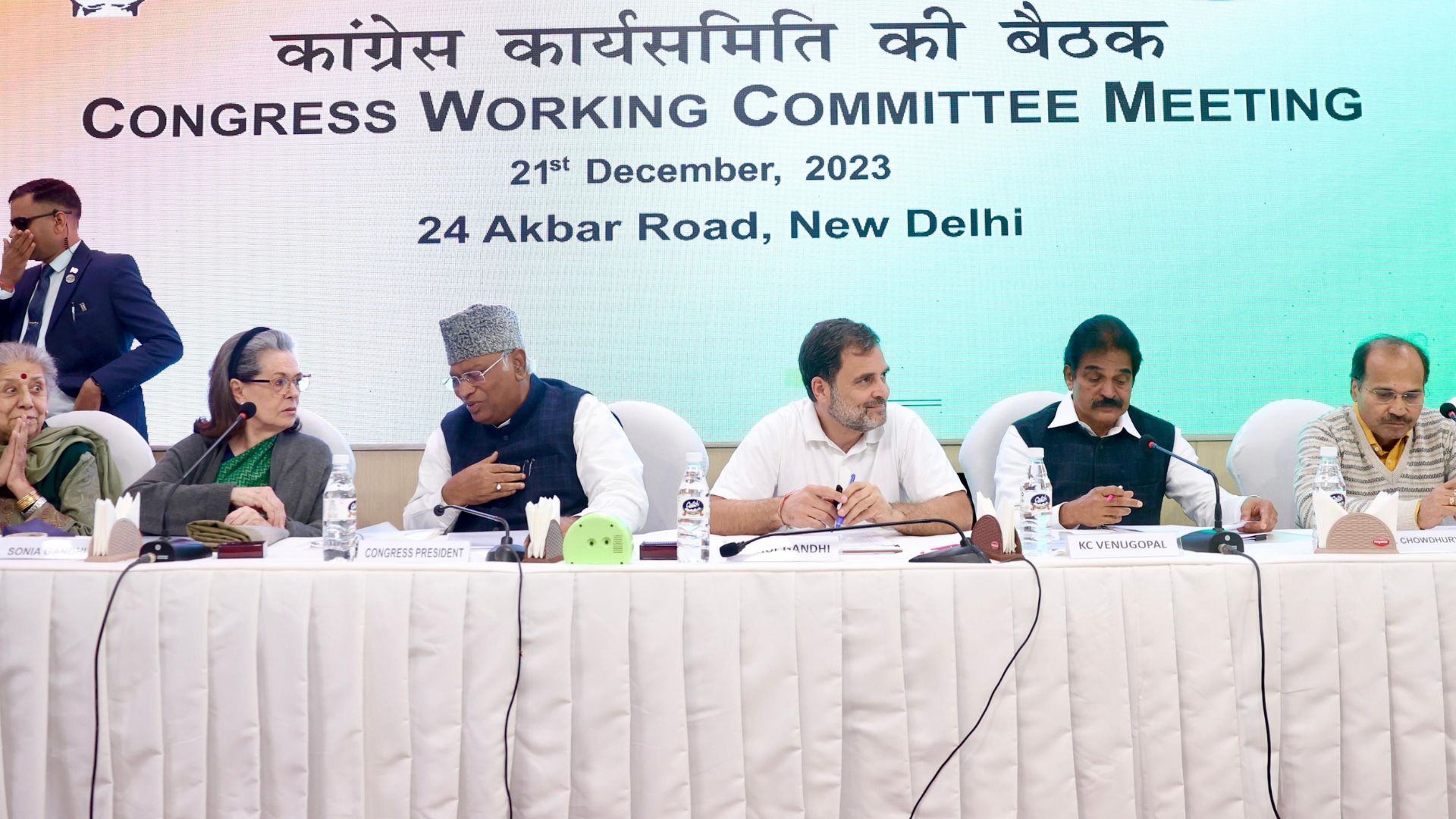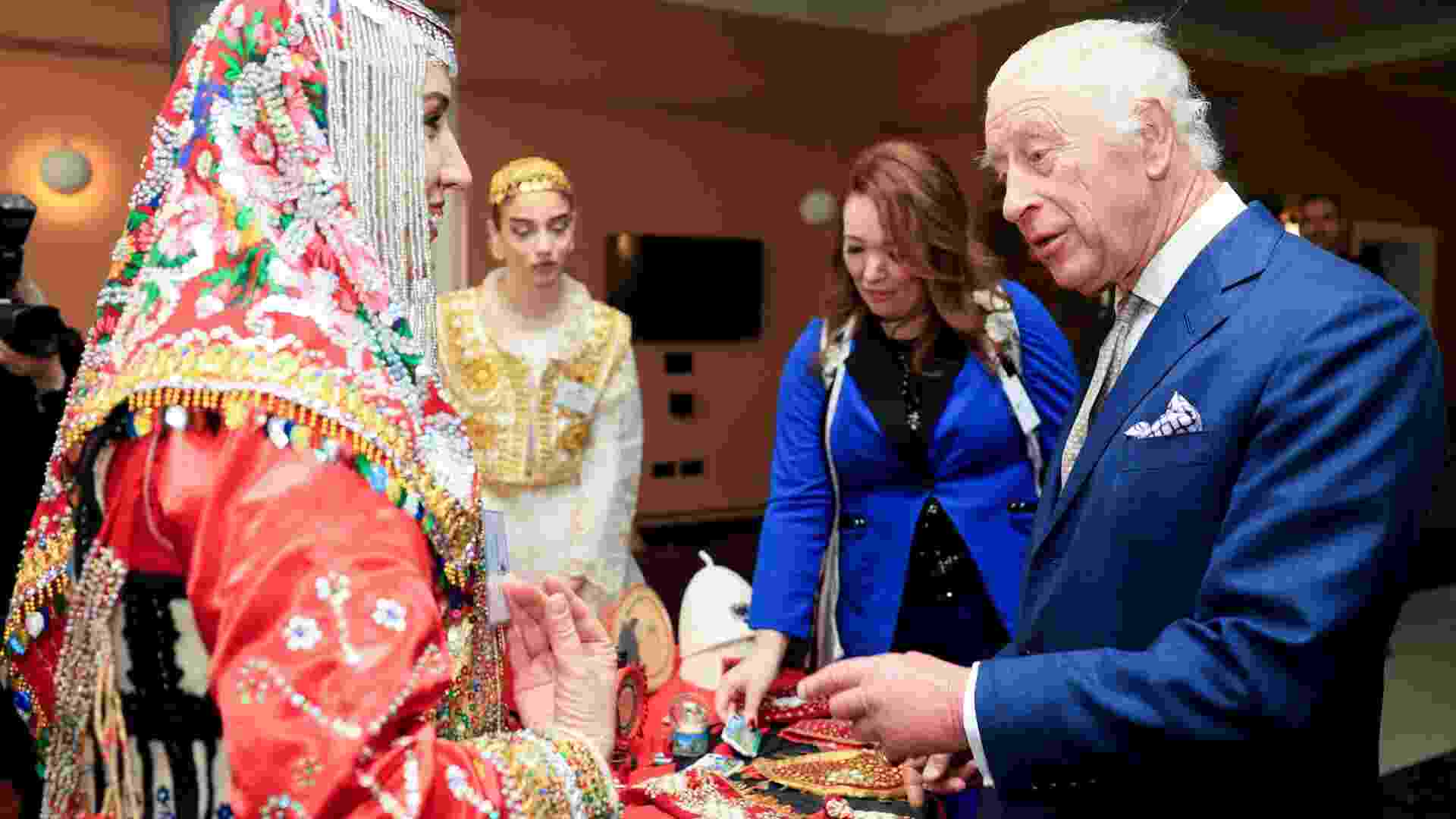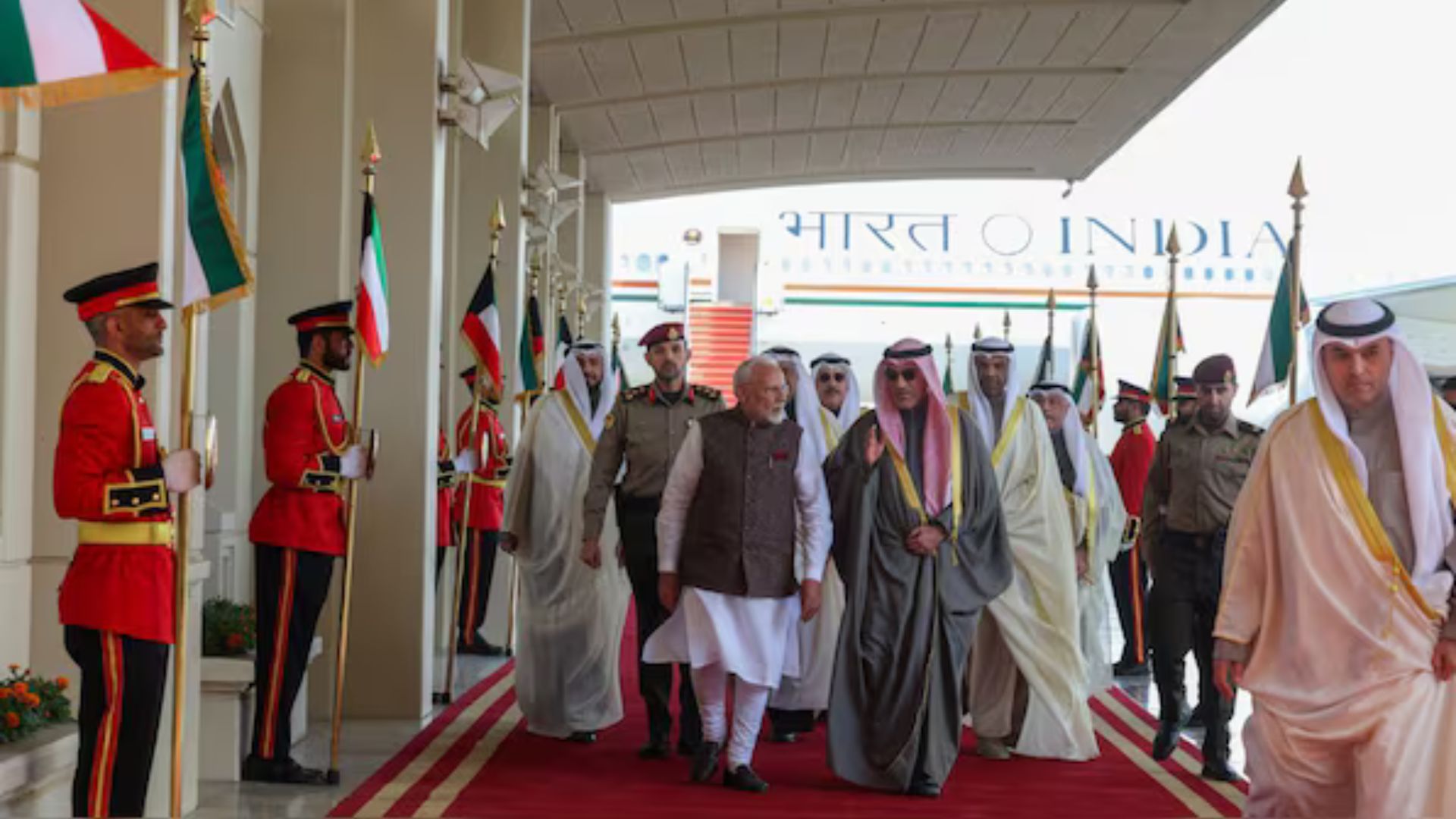The illicit market in India has surged across key industries, posing severe challenges for legitimate businesses and affecting government revenue collection. According to a report by FICCI CASCADE, the value of the illicit market reached Rs 7.97 lakh crore in 2022-23, with the textile and apparel sector accounting for over 50% of this total. FMCG products, including packaged foods and personal and household care goods, made up nearly 37% of the illicit market. This growing shadow economy not only undermines fair competition but also leads to significant tax losses for the government.
The report attributes this growth to the increased consumption of high-value branded goods, especially among India’s rising middle class. These aspirational consumers, driven by higher disposable incomes, are opting for products subject to high taxation, such as cosmetics and readymade garments, which are taxed at 28% and 12-18% respectively. This creates a lucrative space for illicit traders, who exploit price differentials by offering untaxed or counterfeit goods.
High tax rates on tobacco and alcohol, two industries that have traditionally faced stringent tax regimes, also drive significant portions of the illicit trade. The tobacco industry’s illicit market grew by 17.7% between 2018-19 and 2022-23, while illicit alcohol sales saw an even steeper rise of 153.5% over the same period. These sectors, exempt from the Goods and Services Tax (GST), suffer from the evasion of punitive taxes, further incentivizing black market activities.
Also read: Karnataka BJP and JD(S) to Protest Against Chief Minister Siddaramaiah
The report emphasizes that enforcement agencies must step up their efforts to curb illicit trade. Government officials, including Minister of State Ravneet Singh Bittu, have called for harsher penalties to deter illegal trade and smuggling. In recent months, the Central Board of Indirect Taxes and Customs (CBIC) has made significant strides, seizing foreign goods worth Rs 40 crore and making over 3,000 arrests.
Despite these efforts, the growing sophistication of illegal trade networks continues to challenge law enforcement, with illicit players increasingly using technology to avoid detection. Policymakers and businesses alike are urging coordinated global action to tackle this issue and protect the future of legitimate enterprises in India







